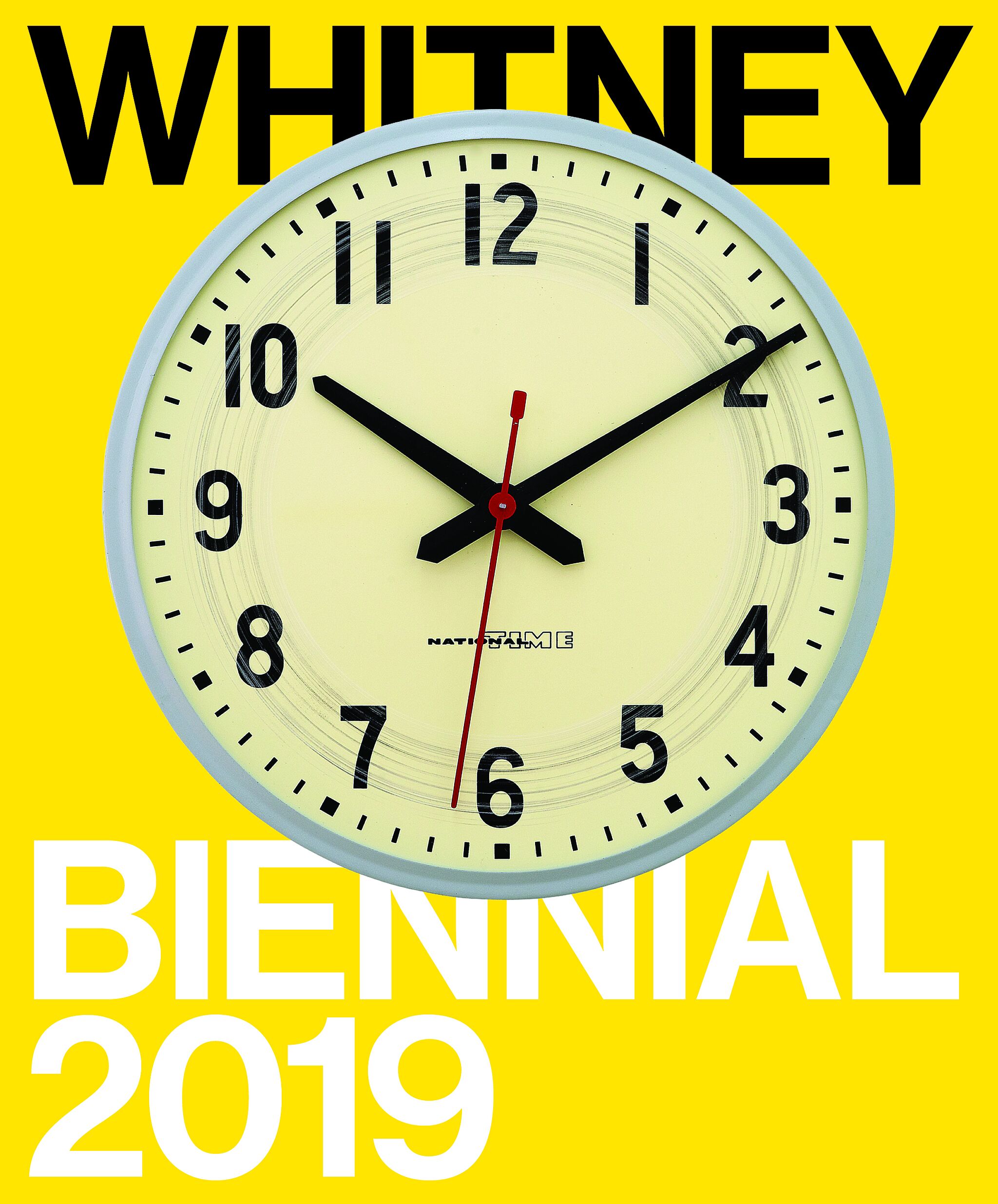Observational Fictions
Curated by
Maori Karmael Holmes
Program Notes
Observational Fictions is a two-part program featuring three filmmakers who are all working with hybrid forms to tell complex, layered stories involving memory, mythology, and history. Representative of my ongoing interest in the “fiction of the real” as well as in uncovering the routes and histories of the African diaspora, these films cross not only genre but also continents, spirituality, and cultural legacies to illuminate contemporary Blackness.
The first program, Blurred Lines, presents Blitz Bazawule’s The Burial of Kojo (2018), a magical realist narrative about a young girl whose family breaks apart in the rush for gold in contemporary Ghana. Burial integrates real-world politics and allegorical fantasy by centering on a fractured family. The film follows the story of Esi, a gifted young girl, as she recounts her childhood and the tumultuous relationship between her father, Kojo, and her uncle, Kwabena. Born from a newspaper article, and employing six hundred hand-drawn storyboards, Bazawule’s film presents a jewel-toned landscape populated by family members both living and transitioned, while offering an essential human story of courage and survival.
The second program, Breaking Ground, features work utilizing archival and original materials to examine American cultural histories, including four short documentary films on racquet sports by Darius Clark Monroe: South Oxford (2019), All Iowa Lawn Tennis Club (2019), Maravilla (2019), and Serve (2019). In these portraits, Monroe examines the role of sports in American culture and sheds light on the lives of players and club owners as well as the unexpected communities, obsessions, and passions they have built around tennis and handball. These shorts are joined by Jenn Nkiru’s BLACK TO TECHNO (2019), which asserts that the musical genre known as “techno” is not just a musical gesture but also a philosophical, sonic, and anthropological one. The film tells the history of the genre and presents what Nkiru refers to as “cosmic archaeology.” It focuses on the expansive cultural geography of techno music, mapping the exchange of styles and techniques between Detroit, the genre’s birthplace, and Berlin, where it exploded as a highly malleable global style.

